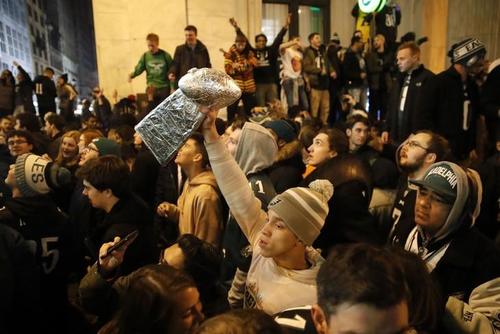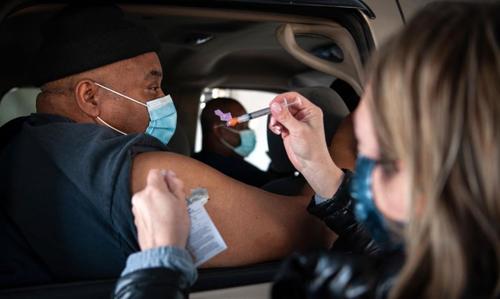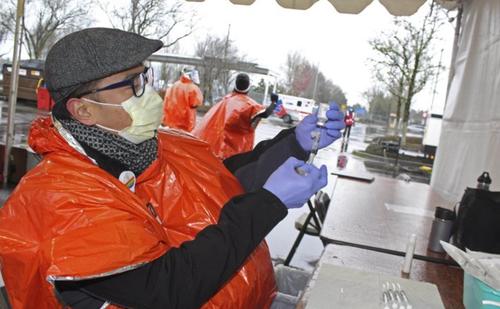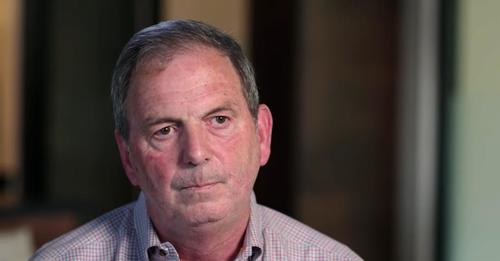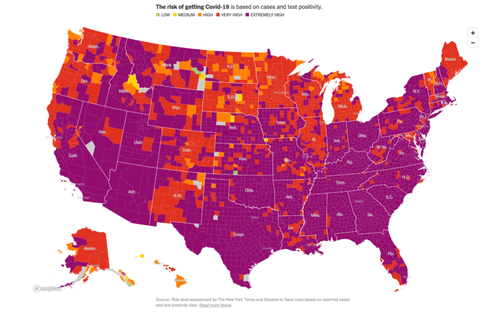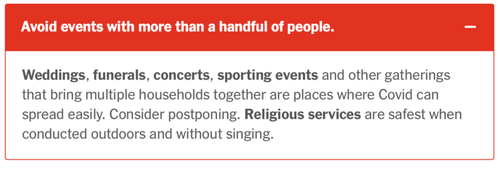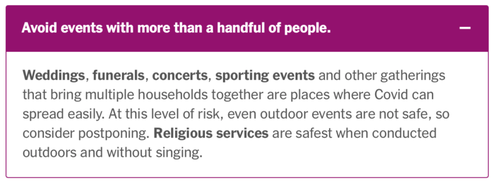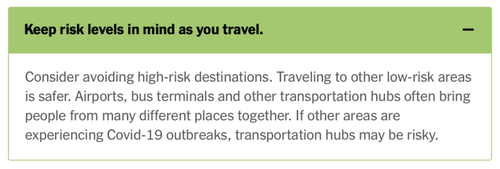Los Angeles County Bans TVs At Bars Just In Time For The Super Bowl
Authored by Rick Moran via PJMedia.com,
Los Angeles County has decided that bars and restaurants can reopen for outdoor dining only starting on Friday. But there are new draconian restrictions that will kill even more businesses in the end.
One of the new restrictions involves TVs. There will be no viewing TVs in the outdoor dining areas. With the Super Bowl coming up on February 7, county health officials are worried that having the ability to watch the game at a bar would lead to a “superspreader” event for the coronavirus.
Super Bowl watch parties are an American tradition and the Super Bowl is one of the biggest days all year for bars and restaurants. Preventing watch parties may be the coup de grace for some small businesses.
According to the health order issued by the county, televisions or other screens that broadcast programming must remain off. The rule comes a week ahead of the Super Bowl on Feb. 7.
L.A. County Health Director Barbara Ferrer said Wednesday she’s worried that the giant sporting event, which usually drives crowds to bars and restaurants for celebrations and watch-parties, will become a “superspreader” event.
“It will be tragic if the Super Bowl becomes the Super Spreader of coronavirus,” Ferrer said, according to KTLA5. She added that residents should avoid large gatherings and refrain from throwing Super Bowl parties to prevent a situation where the virus can further spread.
I don’t think there are a lot of football fans working at the county health department.
Some restrictions are a part of the micromanagement of people’s lives and others make no sense. There is a limit of 50 percent capacity except if the business has a certificate of occupancy with a specific number of patrons allowed. That number will vary depending on the certificate.
Some of these restrictions make you shake your head in disbelief.
Another big enforcement issue this time around will be the proper use of all personal protective equipment. As before, servers will need to wear both a face mask (can be cloth) and a face shield, and that mandate has now been extended to anyone who interacts with diners, including runners, bussers, and all front of house personnel. Given the more transmissible new strains of coronavirus going around right now, expect this one to receive particular scrutiny from visiting public health officials in the coming weeks.
The county has also said no (again) to any live entertainment (including DJs and bands), and that includes televisions — so no Super Bowl parties. Furthermore: “Restaurants may not host receptions, banquets, or other coordinated, organized or invited events or gatherings.” Oh, and no fun tableside preparations or shows like salad spinning or guacamole making, either.
I guess that means no flaming deserts.
It’s all for our own good, of course, so if you want to watch the game, you’ll have to do it at home.
Tyler Durden
Sun, 01/31/2021 – 18:40
via ZeroHedge News https://ift.tt/39ApZsN Tyler Durden
